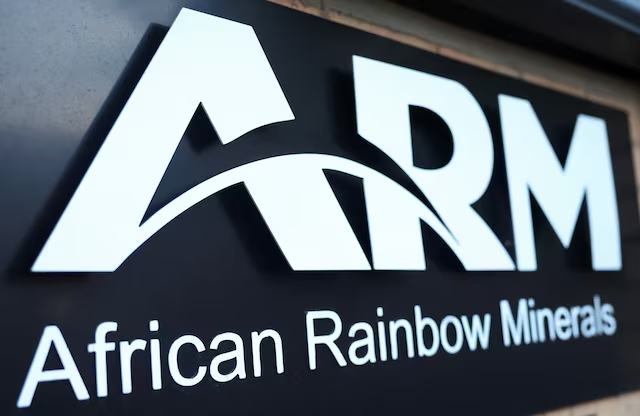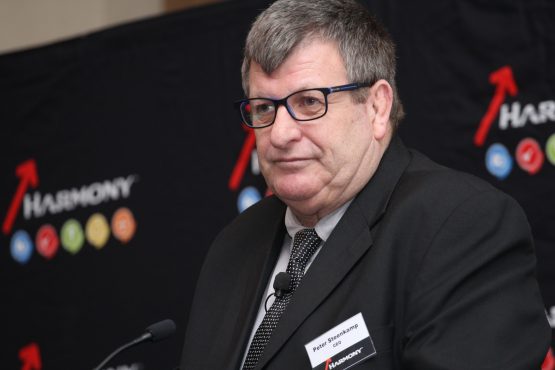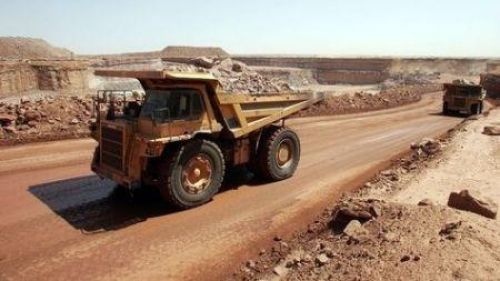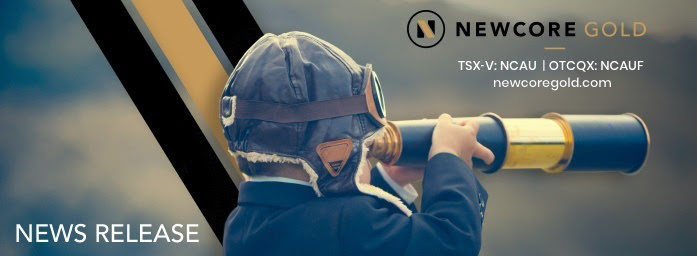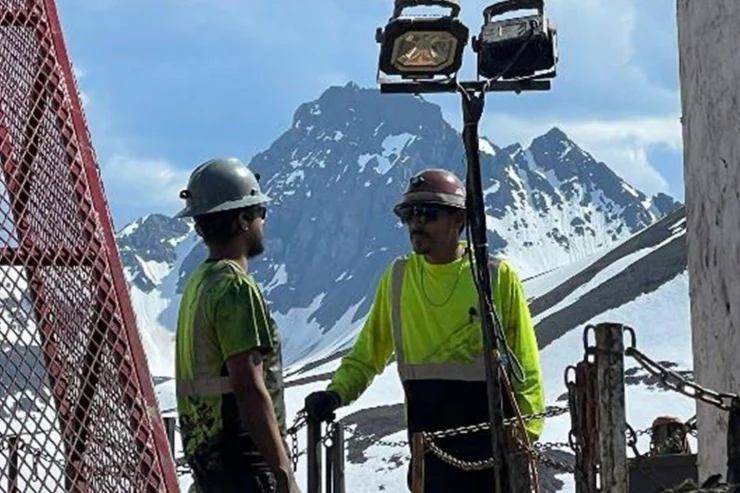Mining

Guineas mining sector, a risky bet for foreign investors
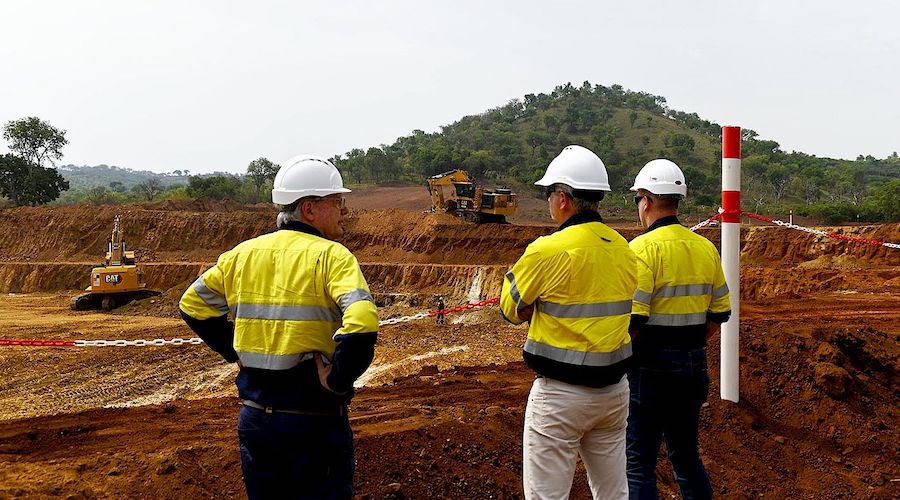
Guinea holds some of the world’s richest mineral deposits, from bauxite and iron ore to gold and critical minerals essential for the global energy transition. With such resources, the country could become a cornerstone of Africa’s industrialisation. Yet recent policy decisions raise serious questions about whether Guinea is creating an enabling environment for investment, or deterring the very partners needed to turn its natural wealth into sustainable growth.
In recent months, the government has taken measures widely perceived by investors as abrupt and unilateral. These include project suspensions, forced renegotiations, and the revocation of over 300 permits, typically announced on live television before companies were formally informed. The fallout is already significant. Axis Minerals is pursuing international legal procedures over its revoked bauxite license, with commentators suggesting its claim could reach several hundred million dollars; or even billions. Falcon Energy Materials has challenged the cancellation of its permits, calling the move unlawful, while Guinea Alumina Corporation (GAC) was effectively expropriated after months of suspension led to the withdrawal of its titles. The issue is not only how these decisions were communicated, but what they reveal about the rule of law and the predictability of the business environment.
estors are watching closely. The decisions appear driven less by technical or legal reasoning than by political calculation. The Fraser Institute’s 2025 survey on mining investment climate highlighted Guinea’s governance as a growing obstacle, citing “significant uncertainty” for operators. The country has slipped in the global ranking of mining jurisdictions and is now in the bottom ten. For a country competing for long-term capital, this is a red flag. If governance is perceived as arbitrary, how can Guinea hope to attract and retain serious investors?
These are not isolated cases. In March 2022, operations at the Simandou iron ore project – one of the world’s largest untapped reserves – were suspended by Cabinet’s decision to pressure Rio Tinto and partners into sharing infrastructure. At the time, the move was presented as a negotiating tactic. Yet the repetition of suspensions, revocations, and abrupt interventions suggests a broader modus operandi. The implications for Guinea’s credibility as a long-term investment destination are profound.
The stakes are particularly high given the scale of mining projects, which require billions in upfront investment and infrastructure. While investors expect geological and price risks, they are far less willing to tolerate political and regulatory unpredictability. Unilateral expropriations or long-term suspensions sharply increase the country’s risk profile. Investors are already reconsidering their exposure, adjusting portfolios, and delaying commitments.
Regional comparisons are telling. Guinea had distinguished itself from its Sahelian neighbours by maintaining relatively good ties with the US, the EU, and development partners. However, increasingly, the signals point in the same direction: sudden expropriations, opaque decrees, and growing political centralisation. Domestically, observers also highlight a crackdown on dissent and narrowing civic space. This convergence of political and economic authoritarianism risks further eroding investor confidence and undermining Guinea’s international standing.
Guinea’s ambition to capture more value from its minerals is legitimate and aligns with Africa’s wider push to move beyond raw exports. Local processing, job creation, and infrastructure development are crucial. But the method matters. When investors view state action as coercive or opaque, the outcome can be the opposite of what is intended: companies scaling back, withdrawing, or challenging decisions in costly international tribunals. This undermines the multiplier effects – jobs, skills transfer, and tax revenues – that Guinea urgently needs.
There is also the reputational angle. A country entangled in multiple international arbitrations sends a strong signal to financial markets. Legal disputes typically take years to resolve, consume scarce resources, and damage sovereign credit ratings. At a time when Côte d’Ivoire, Senegal, and Ghana are actively positioning themselves as stable alternatives, investors are already shifting capital to these more predictable environments where investor rights are protected.
Supporters of the military government argue that Guinea is asserting sovereignty over its natural resources. While this resonates domestically, sovereignty and predictability are not mutually exclusive. Other African countries have revised mining codes or renegotiated contracts transparently, with investor consultation and gradual reforms. In Guinea, however, abrupt confrontation raises doubts about whether the current approach serves the country’s long-term economic strategy.
Ultimately, Guinea risks backfiring on its own ambitions. Capital flight has begun, with partners diverting resources to alternative jurisdictions. The danger is not only that deposits remain unexploited, but also that Guinea reinforces an enduring perception of Africa as a high-risk, low-trust destination – an image many governments across the continent are striving to overcome.
Guinea now faces a defining choice. It can entrench its reputation for unpredictability, or pursue a path of lawful process, dialogue, and transparency that balances sovereignty with partnership. The path chosen will shape not only Guinea’s economic future but also its place in Africa’s broader development story.






